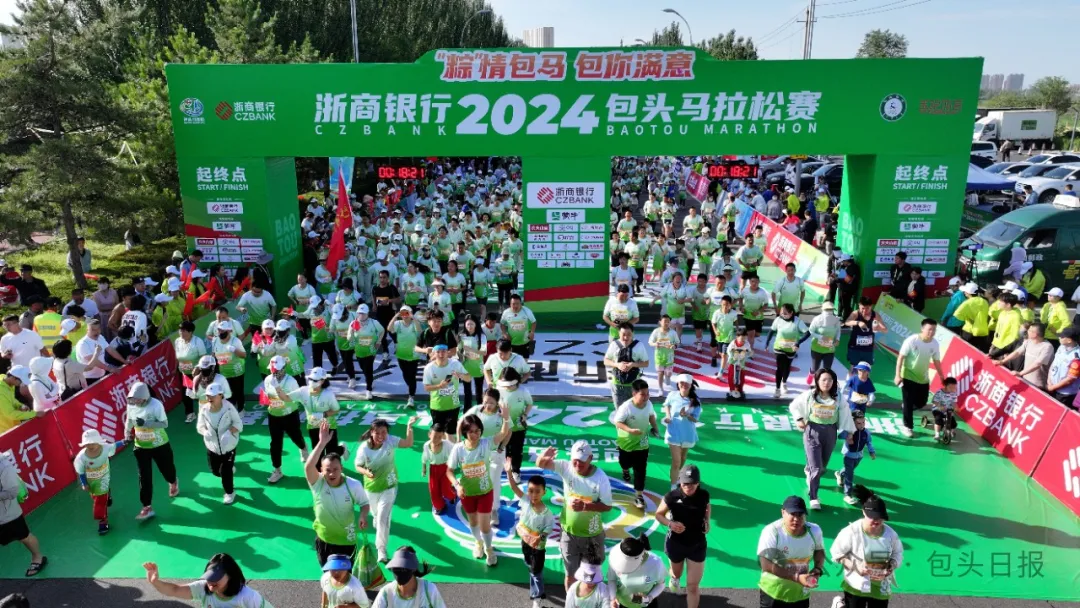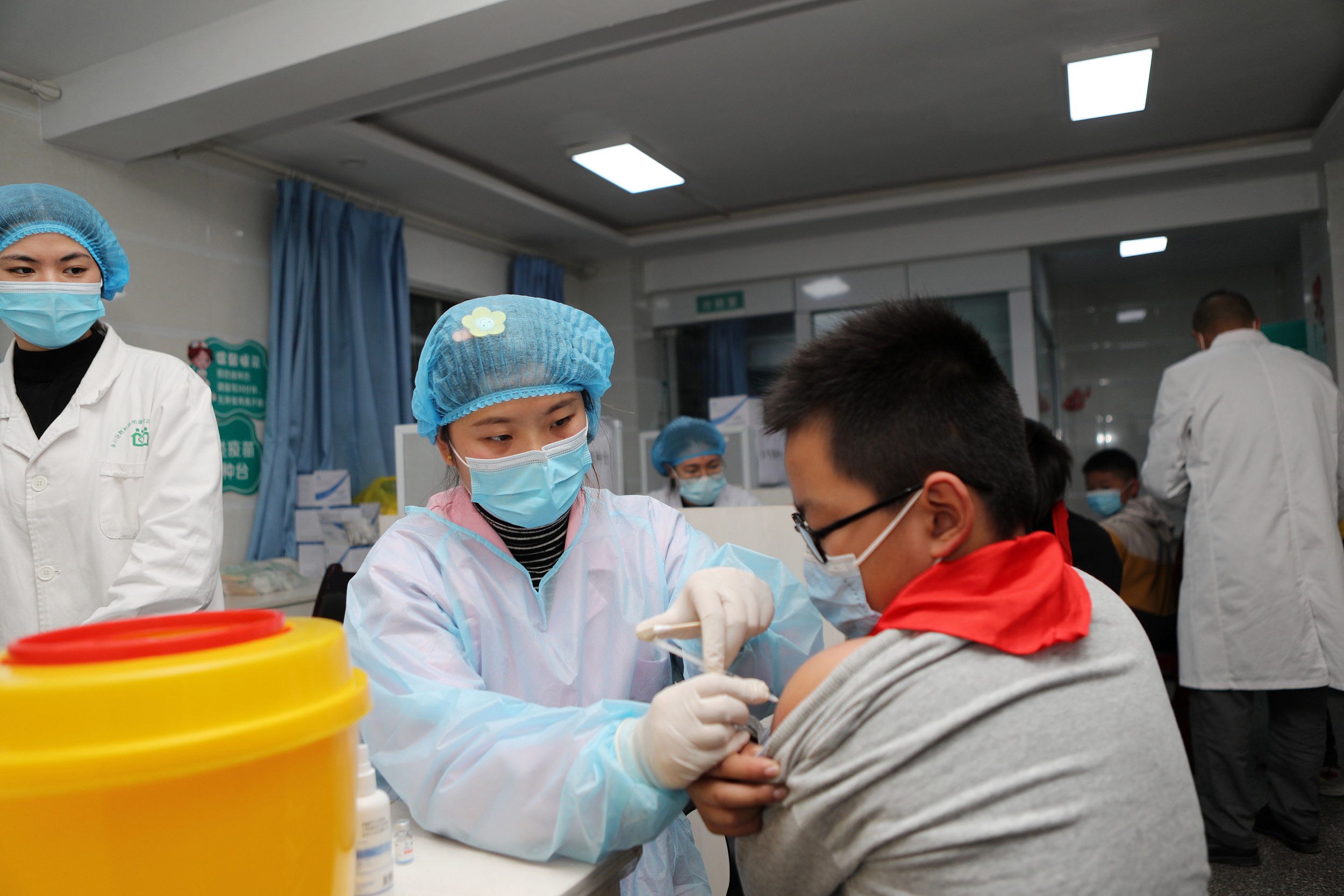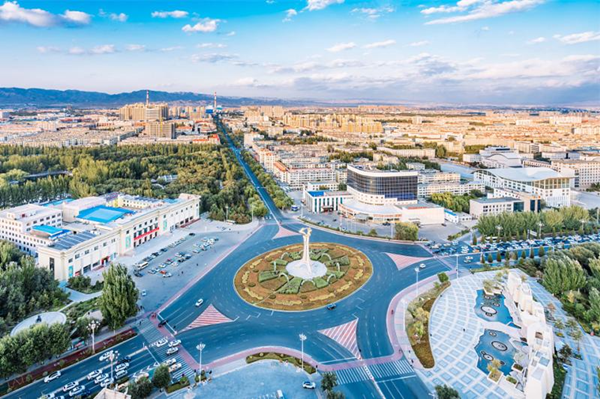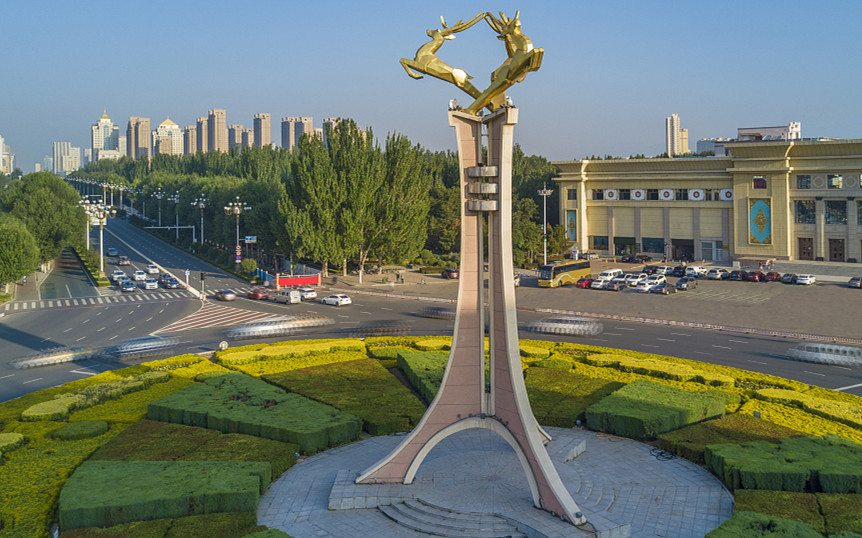Baotou city gets heavily into organic farming
In recent years, the agriculture and animal husbandry bureau of Baotou -- in North China’s Inner Mongolia autonomous region -- has been making great strides in developing the organic farming sector, so as to make its transition to being a zero-waste city happen, according to a report in the Baotou Daily.
Initiative have included expanding conservation, agricultural resource utilization, a cleanup of agricultural production process, upgrading agricultural industry supply and production chains and recycling agricultural production waste.
Officials said the development mode for agricultural production is constantly changing. They said a circular green agricultural model has been established and the production and rural living environment has as a result been significantly improved.
To promote the transformation of agricultural development and to improve the levels of scale and standardization, four county-level testing stations and 12 township stations were established and went into operation and 188 enterprises were included in trace management.
Officials said the city has promoted the prevention and control of agricultural sourced pollution and improved the development of organic farming by implementing pesticide reduction controls and efficiency enhancement projects.
They said the resource utilization of agricultural waste had greatly improved in the city, so as to achieve a higher level of circular agricultural development.
The city has comprehensively promoted the comprehensive utilization of straw with two large-scale straw processing enterprises and 25 straw collection, processing, storage and transportation stations established.
Officials said the utilization rate of the Baotou region’s crop straw had now reached 83.31 percent.





 Sketching and creation tour in Baotou
Sketching and creation tour in Baotou